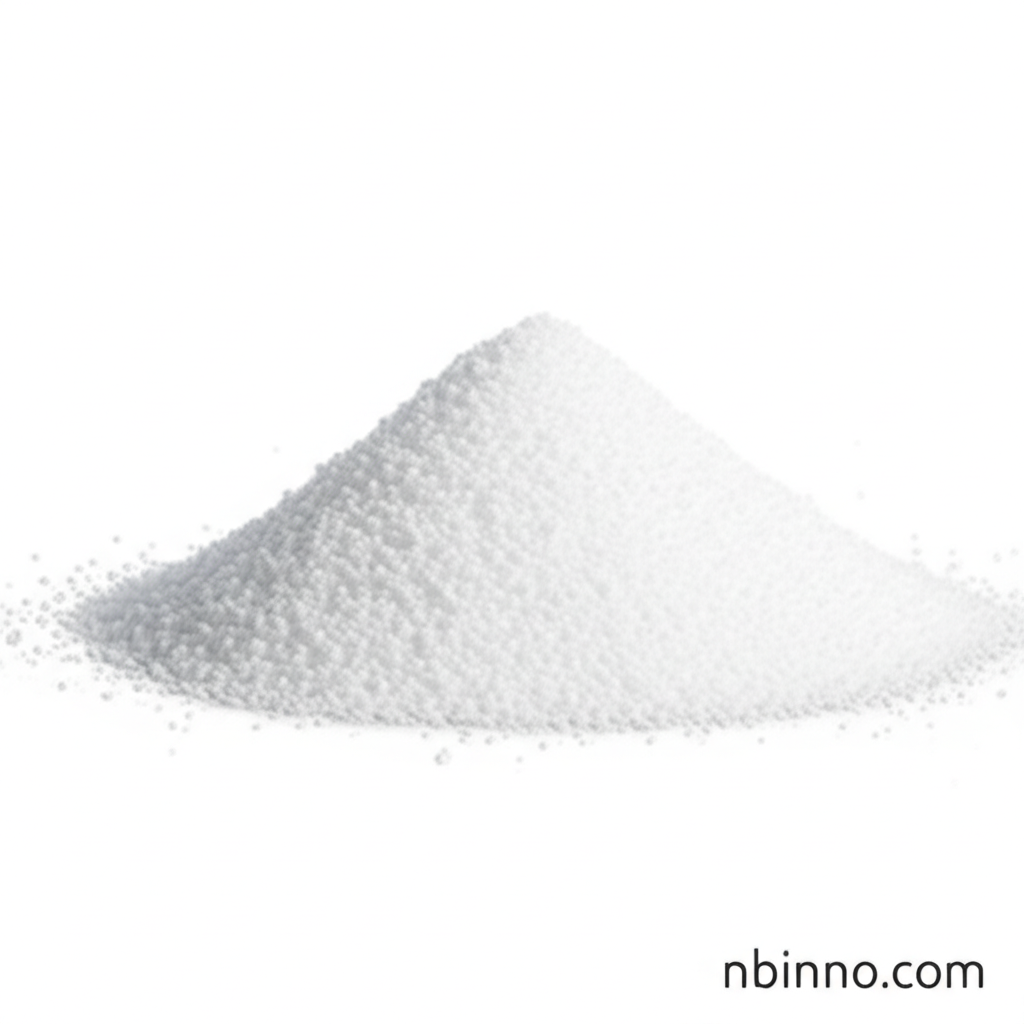Adipic Acid: A Versatile Food Acidity Regulator and Industrial Chemical
Explore the multifaceted applications of Adipic Acid, from enhancing food flavors to its vital role in polymer manufacturing.
Get a Quote & SampleProduct Core Value

Adipic Acid
Adipic acid is a key dicarboxylic acid with a unique profile of low acidity, making it an excellent acidity regulator and flavoring agent in the food industry. Its industrial significance is paramount as a precursor for nylon 6,6 production and various other polymers.
- Experience the balanced tartness and flavor enhancement that food grade adipic acid brings to your products.
- Discover the critical role of adipic acid in baking, serving as a leavening agent and substitute for cream of tartar.
- Understand the chemical properties of adipic acid, including its buffering capacity and non-hygroscopic nature.
- Learn about the extensive industrial applications of adipic acid, from nylon production to plasticizers and polyurethanes.
Key Advantages
Food Safety and Versatility
As an approved food additive (E 355), adipic acid provides a safe and effective way to regulate acidity, enhance flavors, and improve texture in a wide range of food products, from beverages to baked goods.
Industrial Backbone
The chemical properties of adipic acid make it an indispensable monomer for the synthesis of nylon 6,6, a versatile material used in textiles, automotive parts, and consumer goods.
Enhanced Product Performance
Adipic acid contributes to the desired tartness, texture, and shelf-life of food items, while in industrial applications, it imparts crucial characteristics like durability and flexibility to polymers.
Key Applications
Food & Beverage Industry
Adipic acid is utilized as a food acidity regulator, flavoring agent, and buffering agent in beverages, jams, jellies, and baked goods, providing a smooth tartness and improving texture.
Polymer Manufacturing
It serves as a critical monomer for producing Nylon 6,6 fiber and resin, which are essential for textiles, automotive components, and engineering plastics.
Plasticizers & Polyurethanes
Adipic acid is a key component in the production of plasticizers for PVC and in the synthesis of polyurethane resins, contributing to flexibility and durability.
Pharmaceutical Applications
In pharmaceuticals, adipic acid is used in controlled-release formulations and as a pore-forming agent in enteric coatings to modify drug delivery.
